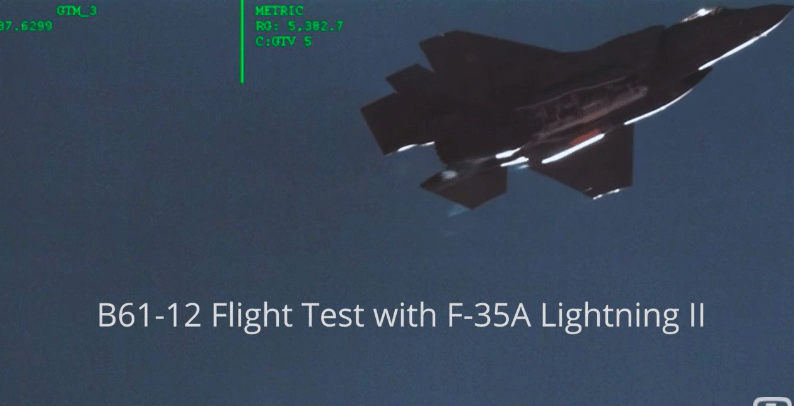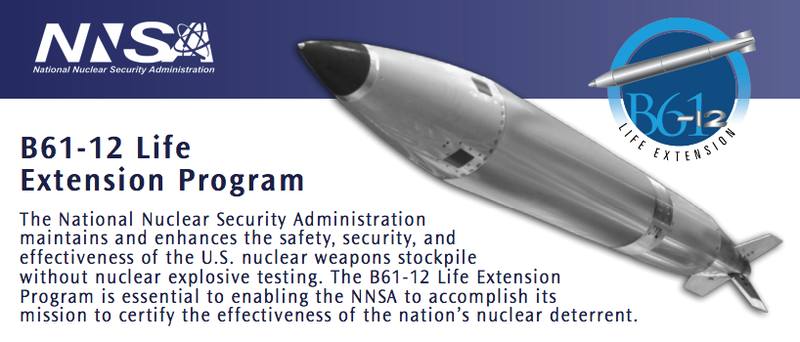Watch: F-35 Stealth Fighter Drops Mock Nuclear Bomb Over Nevada Desert
Tyler Durden
Wed, 11/25/2020 – 22:30
We recently highlighted the possibility that the US and China “may well be on the road to war, and nuclear war is no longer unthinkable.” For years, we’ve discussed the relentless quest of Washington elites, preparing the empire for the inevitable collision with China as the battle for economic supremacy nears.
The rapid modernization of the military under the Trump administration, costing taxpayers $2 trillion, was an important signal in gauging Washington Warhawks’ level of military preparedness as the threat of rising China increases by the day.
President Trump has described the trillions of dollars allocated to the military as a “colossal rebuilding” effort – something he says has ‘never been done before.’ Trump has routinely described all sorts of new military technology, including fifth-generation stealth jets, hypersonic missiles, and increased nuclear weapon capability.
While dangers of confrontation have increased in 2020 as US warships continue to sail through the South China Sea, or Chinese warplanes buzz Taiwan’s airspace – Trump is still president for 57 days, meaning that anything is possible in the next two months.
In a show of force, the Air Force released a video Monday showing a Lockheed Martin F-35 Lightning II dropping a mock nuclear bomb at Sandia National Laboratories’ Tonopah Test Range over the Nevada desert.
“We’re showing the B61-12’s larger compatibility and broader versatility for the country’s nuclear deterrent, and we’re doing it in the world of COVID-19,” said Steven Samuels, a manager with Sandia’s B61-12 Systems Team.
Samuels said, “We’re not slowing down. We’re still moving forward with the B61-12 compatibility activities on different platforms.”
We noted in June that another F-35 dropped a mock nuclear bomb at a test range in the California desert.
In 2018, the Pentagon upgraded its B61 nuclear gravity bombs, a move that would increase the lifespan for decades.
“The upgraded, B61-12 LEP will replace all of the bomb’s nuclear and non‐nuclear components for another two decades, and improve the bomb’s safety, effectiveness, and security. This life extension program will address all age-related issues of the weapon, and enhance its reliability, field maintenance, safety, and use control,” the National Nuclear Security Administration said in a tear off sheet.
“This was the first test to exercise all systems, including mechanical, electrical, communication and release between the B61-12 and the F-35A,” Samuels said.
“The latest test is a critical piece in the F-35A and B61-12 program Aboard the newest fighter, the B61-12 provides a strong piece of the overall nuclear deterrence strategy for our country and our allies,” he said.
Meanwhile, the Navy disclosed last week that a missile interceptor from one of its warships at sea shot down and destroyed a “mock ICBM” that was put into flight for testing purposes.

